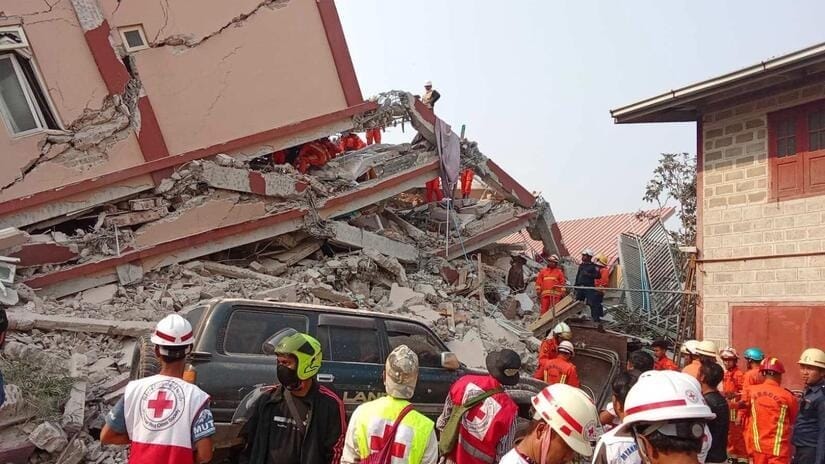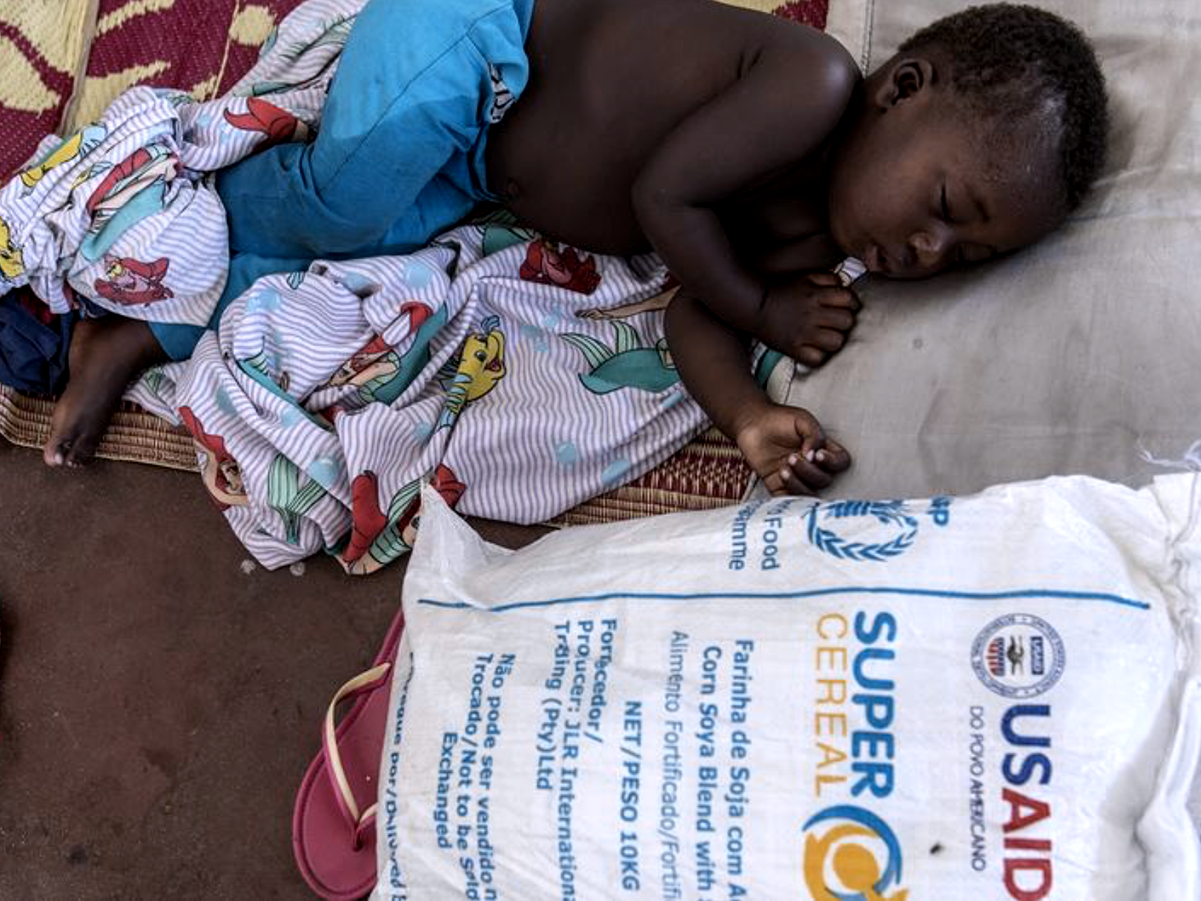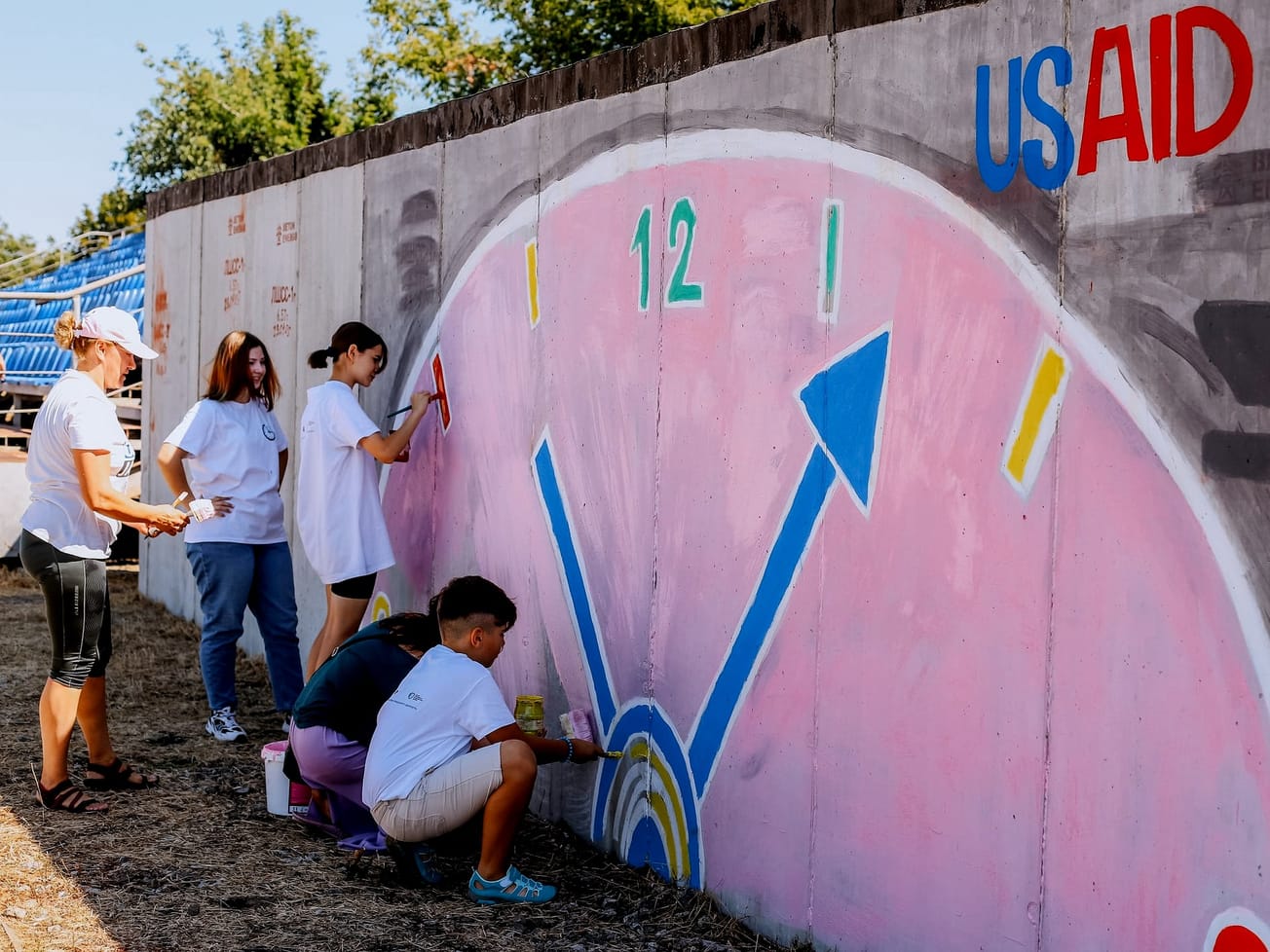Ten months into a war among rival generals, Sudan faces "epic suffering" and its civilians and refugees need billions in aid from the international community, the United Nations and dozens of other organizations said.
The $4.1 billion appeal for donations will help 25 million people – roughly half of Sudan's entire population – who urgently need humanitarian assistance and protection, the U.N. Office for the Coordination of Humanitarian Affairs said on Wednesday.









